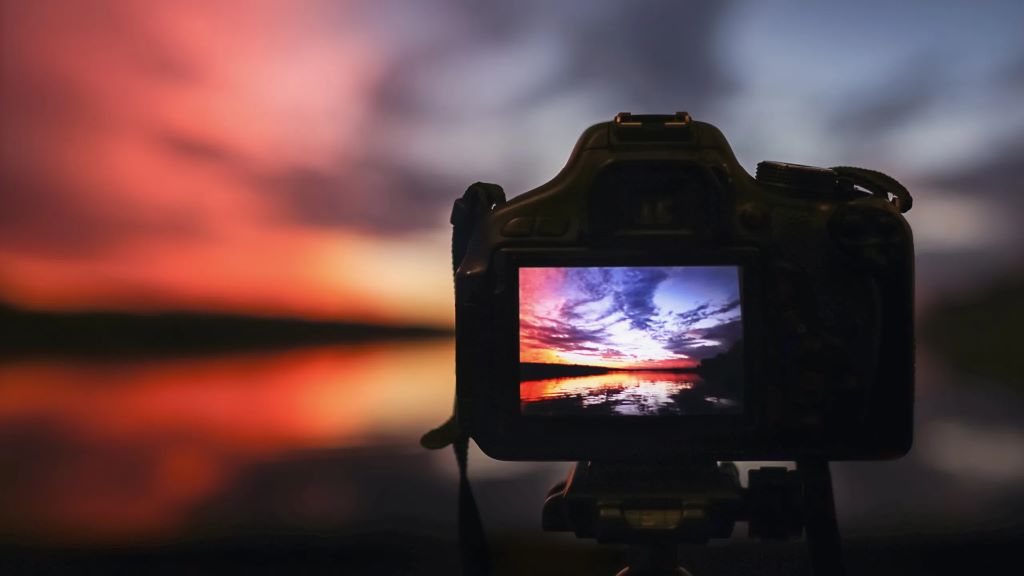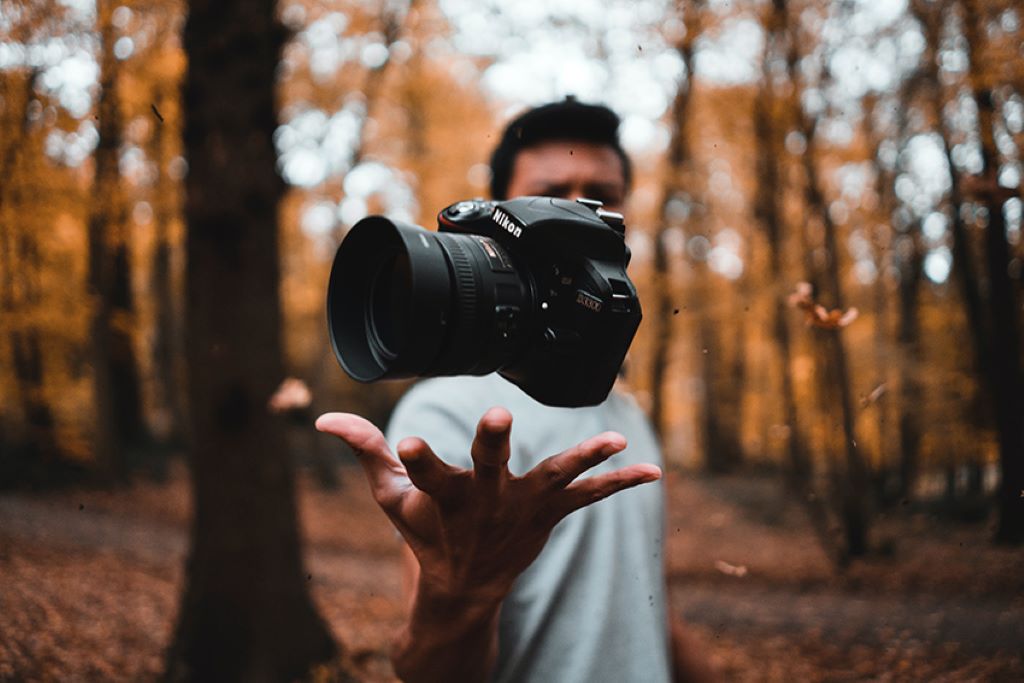
What is Camera and Its Importance?
Have you ever wondered about the magical device that freezes time and encapsulates memories? Cameras, in all their shapes and forms, have revolutionized the way we capture and cherish moments. In this article, we’ll embark on a journey to unravel the fascinating world of camera and explore their immense importance in our lives. This article is crafted by Duckysdesktop.com.
The Evolution of Photography: From Obscura to Digital
A Glimpse into the Past: Camera Obscura
The history of cameras traces back to the ancient concept of “camera obscura.” In its simplest form, it was a darkened room with a small hole that allowed light to pass through, projecting an inverted image on the opposite wall. This rudimentary device laid the foundation for the marvels of photography that we enjoy today.
Birth of Photographic Cameras
The 19th century witnessed the birth of photographic cameras, as inventors and visionaries endeavored to capture the world around them. However, today, we can’t overlook the importance of digital camera in capturing high-quality images. The daguerreotype, introduced by Louis Daguerre, marked the first commercially successful photographic process. It involved exposing a silver-plated copper sheet to light, producing remarkably detailed monochromatic images.
Digital Revolution: Changing the Game
The late 20th century brought about a revolution with the advent of digital cameras. These devices replaced film with image sensors, allowing for instant image preview and storage. This leap into the digital realm transformed photography into a more accessible and versatile art form.
The Significance of Cameras in Our Lives
Preserving Memories: A Time Capsule in Your Hands
Cameras serve as time machines, enabling us to capture fleeting moments and preserve them for generations to come. A single photograph has the power to evoke emotions, trigger nostalgia, and transport us back to the past. Whether it’s a candid family snapshot or a breathtaking landscape, these images become a treasure trove of memories.
Sharing Experiences: Visual Storytelling
In today’s interconnected world, cameras play a pivotal role in sharing experiences. Social media platforms are flooded with images that serve as visual narratives of people’s lives. From the delicious meal you had last night to the stunning sunset you witnessed on vacation, cameras enable us to share our stories with the world.
Communication Beyond Words
They say a picture is worth a thousand words, and cameras exemplify this adage. In journalism, photography captures the essence of a story with unparalleled authenticity. A single photo can convey the pain of conflict, the joy of celebration, or the resilience of the human spirit, transcending language barriers.
Fostering Creativity: A Canvas for Artistic Expression
Cameras empower individuals to explore their creative boundaries. Whether you’re a professional photographer or an amateur enthusiast, the lens becomes your canvas. Through framing, composition, and lighting, you can convey emotions, perspectives, and ideas in ways words alone cannot.
Democratization of Photography: Everyone’s a Photographer
From Film Rolls to Smartphone Cameras
Gone are the days when photography was limited to those who could afford expensive equipment and film rolls. The rise of smartphone cameras has democratized photography, putting a powerful imaging tool in the hands of billions. Anyone can now capture and share their view of the world with a device that fits in their pocket.
Instant Gratification and Exploration
Smartphone cameras offer instant gratification by allowing us to capture, edit, and share photos in a matter of seconds. This immediacy encourages experimentation and exploration, enabling individuals to hone their photography skills and develop a unique visual style.
In conclusion, cameras are more than mere gadgets; they are windows to the world, portals to the past, and canvases for creativity. From the humble camera obscura to the high-tech digital cameras of today, the evolution of photography has enriched our lives in ways we could have never imagined. What tools can be used to create videos? This keyword seamlessly integrates with the narrative, opening up possibilities beyond photography to explore the world of video creation. Just as cameras have transformed our visual storytelling, video tools have also played a pivotal role in shaping how we communicate and share experiences. As technology continues to advance, who knows what new avenues of expression await us through the lens of innovation. Whether we’re capturing cherished memories, sharing experiences, or communicating without words, cameras remain integral to our human experience.
Frequently Asked Questions
Why are cameras important in the digital age?
Cameras allow us to capture and share moments, stories, and emotions visually, enhancing our communication and connection in the digital era.
Can smartphone cameras replace traditional cameras?
While smartphone cameras offer convenience and accessibility, traditional cameras still excel in terms of image quality, control, and versatility for serious photography.
How do cameras impact the field of journalism?
Cameras provide journalists with a powerful tool to document and convey news stories authentically, making a lasting impact on how information is shared.
What role do cameras play in artistic expression?
Cameras serve as mediums for artistic expression, enabling photographers to translate their ideas, emotions, and perspectives into captivating visual stories.
What’s the future of photography technology?
The future holds exciting possibilities, including advancements in AI-assisted photography, enhanced image sensors, and new forms of immersive visual experiences.


Sorry, the comment form is closed at this time.